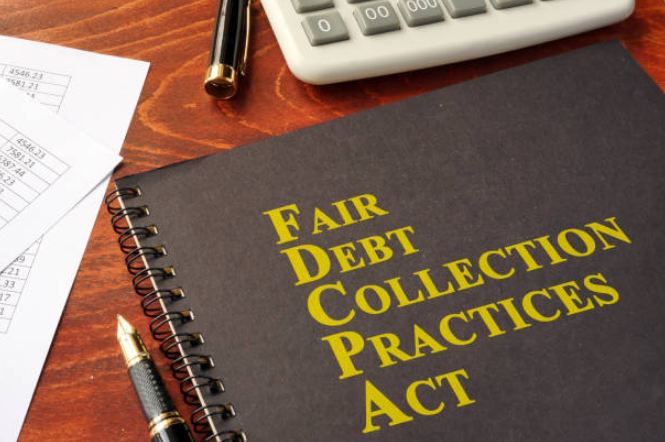If you find yourself involved with collection agencies for the first time you may not know where to begin tackling this unpleasant experience.
What you should know is that there are specific laws that regulate how collection agencies can exercise their functions and that such laws are also there to protect you from harassment.
The Fair Debt Collection Practices Act or FDCPA is a law that protects individuals from any harassment or deceit attempted by a collection agency or collector.
Collection agencies must follow strict guidelines when contacting a debtor and have to respect certain hours when calling at home, however, they may also contact someone at their workplace.
Debtors have rights, such as reasonable hours the collection agencies must keep to, usually between eight in the morning to nine at night.
Although it is true that a collector can contact a debtor at work, the employer may notify that the collector is disturbing the employee during working hours and has the right to stop these visits.
Certain conduct rules must be respected by a collection agency, such as to avoid harassing the debtor.
Harassment can include excessive calling, insulting, or any use of foul language towards the debtor. A collection agency has no right to collect a debt with the use of false statements.
Collection agencies may try and exercise their power by posing as a governmental official or threaten the debtor with lawsuits, seizure of property, and even imprisonment.
This is simply unacceptable by the law as is an unfair use of practices such as trying to collect more money than is actually owed by the debtor.
Each time a debtor is contacted by a collection agency the latter is required by the law to inform debtors of their rights ruled by the FDCPA.
Collection agencies can contact a friend or another member of the debtor’s family only to ask for a phone number or address and for no other reasons.
Should the collection agency inform third parties of the reason they wish to contact the debtor then they are breaking the law.
The FDCPA is where debtors can find all the information they wish in order to safely make face to any claims made by collection agencies.
Any person, who feels they are being harassed by collection agencies or they feel there is a violation of the debtor’s rights, should contact the FDCPA.
All misconduct should be accurately noted with documents to prove any illegal behavior and the debtor has the right to take legal action against collection agencies.
Being contacted by a collection agency is already stressful in itself so it is important you know that you are not alone and that you also have rights and laws that protect your debtor status.
You can rely on the FDCPA to help you know exactly what your rights are and what collection agencies can and cannot oblige you to do.

